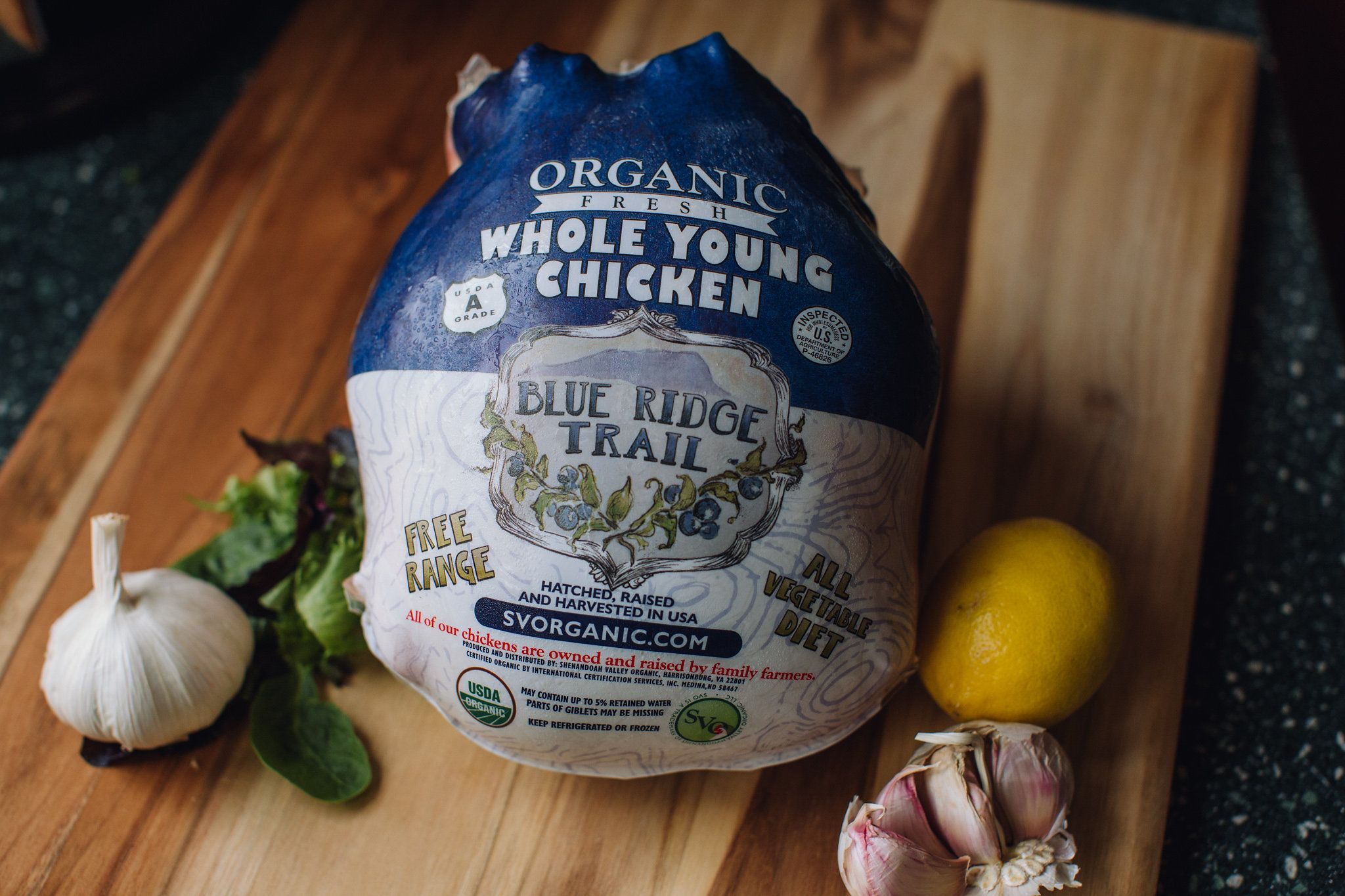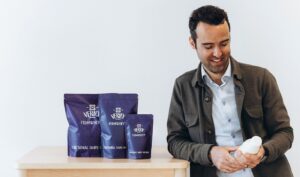Organic chicken production company Shenandoah Valley Organic (SVO) has raised $3.7 million in growth funding in a round led by food and ag investor S2G Ventures with other investors.
The company will use the funding to expand its organic chicken processing capabilities and attract more contract farmers to its organization.
The mission of the company is to promote its business model as the ideal way to affordably provide the highest quality organic chicken to consumers while encouraging healthy eating and cultural awareness, according to Corwin Heatwole, CEO and founder of the business who comes from a chicken farming family.
Four years ago Heatwole decided to start his own organic chicken farming business after noticing the potential of the market where demand is continually increasing.
Starting with 300 chickens, he quickly expanded to selling 1.5k chickens a week to processors and decided to open his own processing facility. This also experienced quick growth starting at 15k chickens a week, now at nearly 150k a week.
Instead of raising more himself, Heatwole partners with other farmers who sell him their chickens.
“We dreamed of what the company would look like and we had a vision for the dream company to allow farmers to be their own boss and not be under the thumb of a company,” he said. “So they fund their own expenses and have a lot more responsibility, and in return are rewarded with the pay they deserve. The model has been received very well and we have a fairly significant waiting list of local farmers wanting to raise for us.”
Heatwole believes SVO is the only organic chicken company at any scale where the farmers own their own chickens. He’s also proud that the model has put previously empty barns in the Shenandoah Valley back into use, and brought 400 jobs to an old processing facility.
The contract farmers must farm organically and uphold the Global Animal Partnership standards and hold the HFAC (Humane Farm Animal Care) certified humane certification.
Outside of that, SVO has some of its own production methods which are important for scaling organic chicken production.
Ensuring sufficient downtime between the flocks to let the barn air out and prepare for the next flock is critically important to organic to help ensure antibiotics or treatments are not necessary, according to Heatwole. Bird densities must be kept to an appropriate level; ensuring air, water, and feed quality is essential, and monitoring the weekly levels of ammonia and water consumption too.
“Knock on wood, but we’ve not needed to treat one flock and we’ve had 800 flocks through the plant now,” said Heatwole.
What technologies do his farmers use to help with this management of the flock?
“Some farmers have barns that are more manual while others have newer facilities that are very computerized,” he said. “All have systems that automatically maintain food and water levels at all times, but other barns have computer systems monitoring ventilation and temperature increases to turn on more fans or heaters, or change light levels when needed so that the chicken are perfectly comfortable all the time.”
The chickens have access to the outdoor space needed to classify them as free-range. Winter temperatures make it very difficult to humanely pasture raise them outside, said Heatwole.
S2G Ventures met SVO through another portfolio company in the same region: Shenandoah Growers the indoor agriculture business which is five miles down the road.
While pricing has come down as supply follows demand, Heatwole is still bullish about the potential for organic and doesn’t expect prices to fall much further as demand continues to increase.
The company has two brands — Red Wheelbarrow and Blue Ridge Trail — but also sells its chicken to third party brands.





